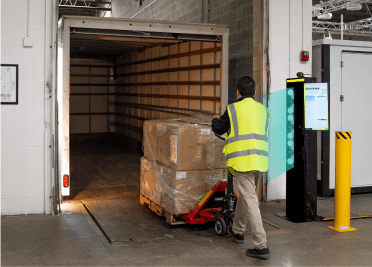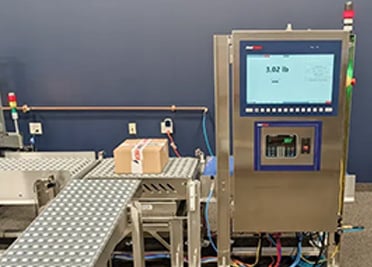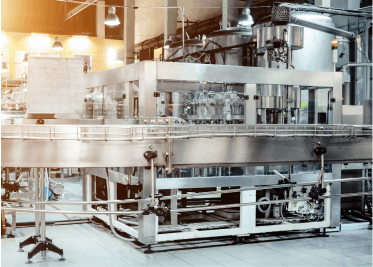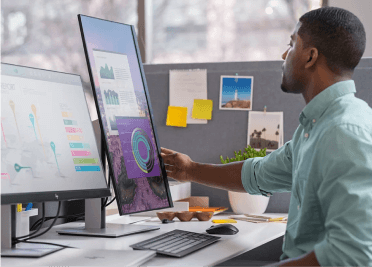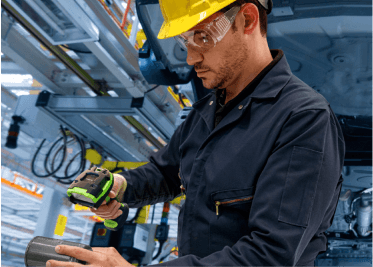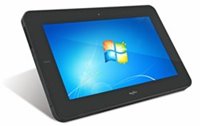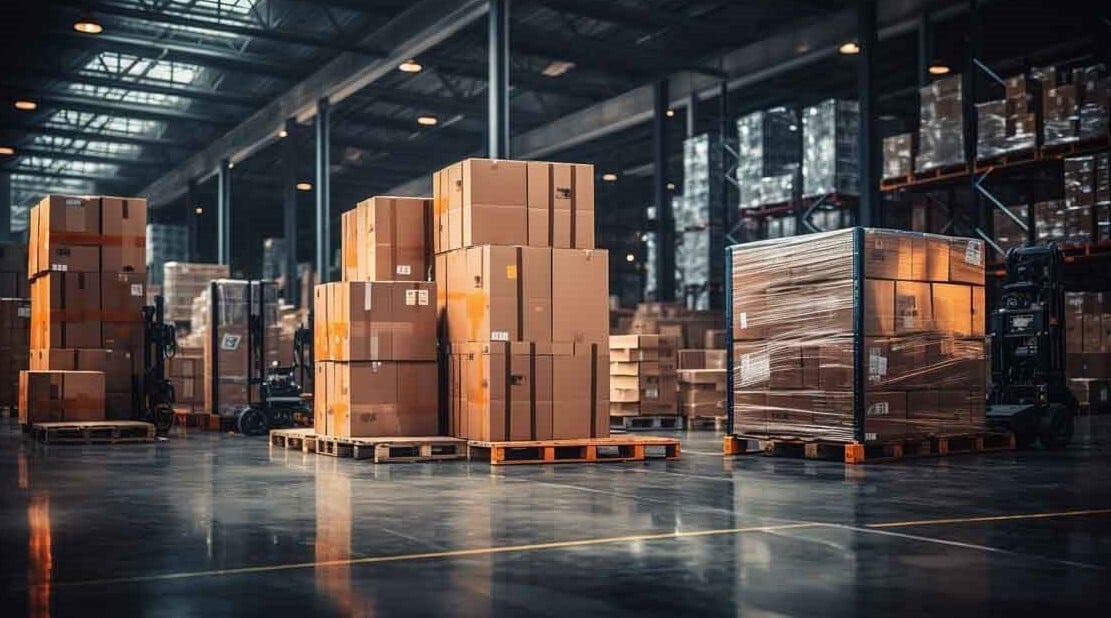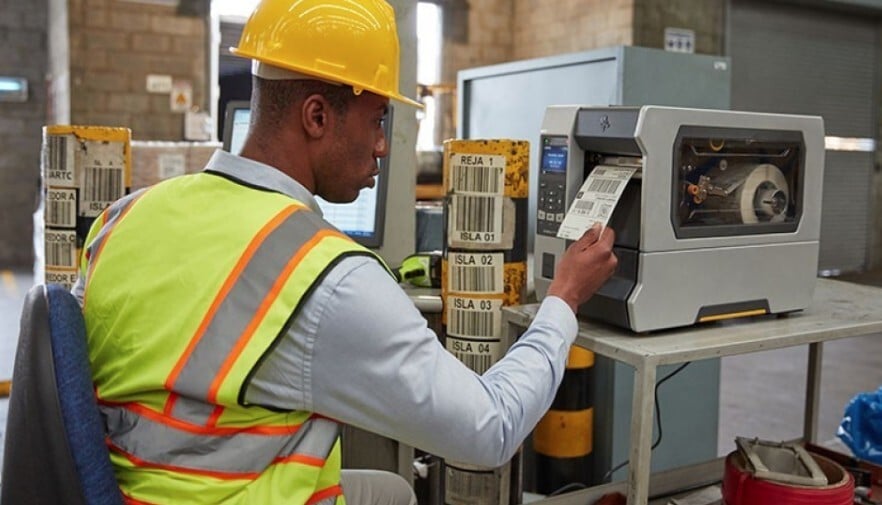Increasingly, more and more American companies are finding that many of their employees can provide excellent, top-quality work away from the office. They might be at a job-site, in a hotel near your clients or sitting at home in their pajamas. Forty years ago, this idea would have been difficult to implement but massive improvements in portable technologies and the move toward decentralized systems like the Cloud concept have driven this change to become an accepted shift in the mainstream. Many of these workers are making the switch from the traditional work laptop to a work tablet, but why?
1. Lighter and Smaller
The tablet form factor is typically much smaller and lighter than a laptop. When they’re in the office, a laptop or desktop computer is fine because they will likely be sitting in the same place all day long working while workers at home will often roam. Home is a comfortable place where they might do some work in the morning while lounging on the couch. They can finish that essential email to the client while standing in the kitchen making lunch. They can teleconference with their coworkers while sitting on the porch, enjoying the beautiful weather. A laptop can be a bit unwieldy while lugging it from place to place, while a tablet can be comfortably carried all day long.
2. Better Battery Life
In recent years, this has improved considerably in some models, but most laptops can claim a battery lifespan of only an hour or two. The portability of a laptop is somewhat negated if you have to be tethered to a power cord for several hours of each workday. Tablets, on the other hand, will typically boast of a lifespan between 6 and 8 hours for most business applications. This means your workers can work longer without having to find a wall outlet!
3. Simplicity
While it can be managed, many people find it very easy to become distracted on a laptop. You have a series of windows open, any one of which may demand your attention at any moment. Tablets, on the other hand, are typically set up so that you can only interact with one application at a time, keeping the worker focused on the task at hand.
4. The Cloud
There was a time when the storage/hard drive of a laptop was a major issue. The employee would need enough space to retain all of the documents and files needed to complete their assignments. In recent years, however, the move to decentralized systems (“The Cloud”) has made the local storage of the device largely irrelevant. Files that the employee may need are pulled up quickly and easily over any internet connection, making a large hard drive unnecessary. Tablets are designed with this sort of connectivity in mind.
5. Natural Input
In addition to the keyboard input via external devices that can make a tablet feel like a small laptop, tablets give you the option to input data using a stylus or your finger. Many workers feel like this is more natural for them as you can write as you would on paper, using a pen-like stylus. This is particularly helpful for employees who need to draw or sketch out ideas or items for their coworkers to see.
6. Cameras
Most tablets are equipped with front- and rear-facing cameras. This lets them quickly record images for their assignment and makes it easy for them to videoconference with co-workers in remote locations without being tethered to a desk.
7. Cost
As the technology has matured. the total cost of operation for tablets has dramatically shrunk to the point where, on average, a tablet per off-site employee will cost between 15 and 30 percent less than a comparable laptop.
As you can see, there are great reasons to make the switch from a laptop to a tablet for your mobile workers, but whether due to personal preference or because of a specific laptop-only application we will likely see laptops around for years to come.
Does your company have employees who work from home or at remote job sites? What kind of technology do you support them with? Are you already using tablets in the field and if so, have you found them as useful as laptops? If your company is just starting to look at the possibility of equipping employees with tablets, check out a business-focused device like the Motion Computer CL910. Light, rugged and powerful, the CL910 was designed to let your off-site workers be as efficient as if they were still in the office! AbeTech can help you figure out if this is the right tablet for your workers. Sound off in the comments and let us know how the tablet revolution has affected your business!
